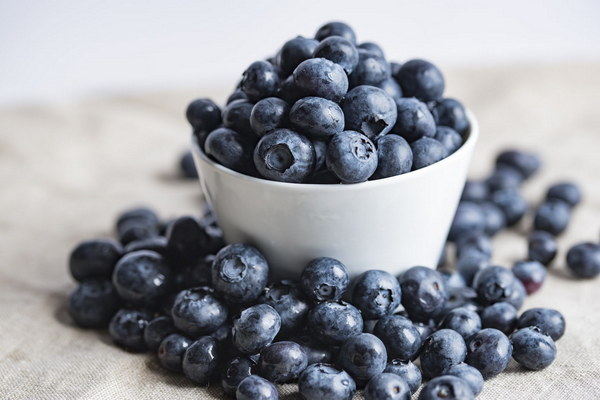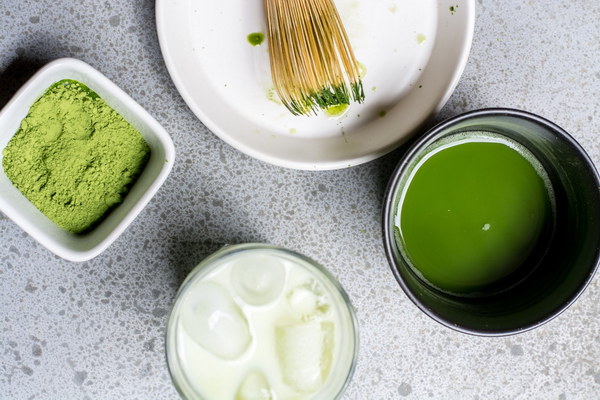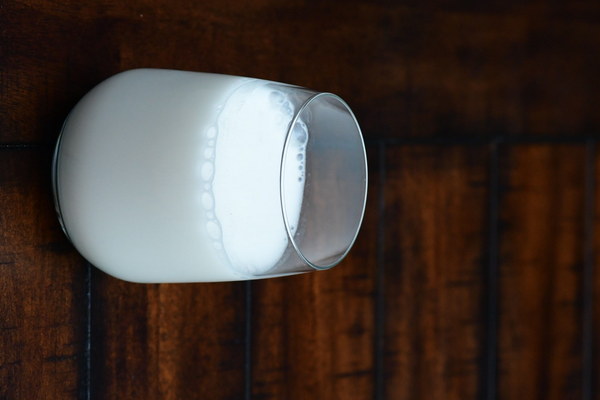Nourishing the Yang and Draining Dampness The Power of Astragalus in Traditional Chinese Medicine
In the realm of Traditional Chinese Medicine (TCM), balancing the body's Yin and Yang is crucial for maintaining health and well-being. One herb that has been highly regarded for its ability to nourish the Yang and drain dampness is Astragalus (Astragalus membranaceus). Known for its potent properties, Astragalus has been used for centuries to support the immune system, enhance vitality, and promote overall health. This article delves into the fascinating world of Astragalus, exploring its benefits, uses, and applications in TCM.
Astragalus, also known as Huang Qi in Chinese, is a powerful adaptogen that belongs to the Fabaceae family. It is a root herb that grows in various parts of China, particularly in the provinces of Hebei, Shanxi, and Ningxia. The roots are harvested in the fall when the plant is fully mature, and they are then dried and processed for medicinal use.
In TCM, Astragalus is considered a Yang tonic, meaning it helps to boost the body's Yang energy, which is associated with warmth, vitality, and protection against external pathogens. It is also used to drain dampness, which refers to excess moisture in the body that can lead to various health issues, such as fatigue, edema, and joint pain.
One of the primary benefits of Astragalus is its ability to strengthen the immune system. It contains compounds that stimulate the production of white blood cells, which are essential for fighting off infections and diseases. Astragalus has also been found to have anti-inflammatory and antioxidant properties, which further contribute to its immune-boosting effects.
In TCM, Astragalus is often used in combination with other herbs to treat a wide range of conditions. Here are some common applications of Astragalus in TCM:
1. Weakness and fatigue: Astragalus is commonly used to treat general weakness and fatigue, especially when they are associated with a deficiency in Yang energy. It helps to invigorate the body and improve energy levels.
2. Immune system support: As mentioned earlier, Astragalus is an excellent immune system booster. It can be used to prevent infections and improve recovery from illnesses.
3. Dampness-related conditions: Astragalus is effective in treating dampness-related conditions, such as edema, joint pain, and diarrhea. It helps to drain excess moisture from the body and improve overall health.

4. Respiratory issues: Astragalus has been used to treat respiratory conditions like colds, flu, and bronchitis. It helps to strengthen the lungs and respiratory tract, making it easier to breathe.
5. Cardiovascular health: Some studies suggest that Astragalus may have a positive impact on cardiovascular health. It can help to improve circulation and lower blood pressure, thereby reducing the risk of heart disease.
To harness the benefits of Astragalus, it is typically consumed in the form of tea, powder, or capsules. When using Astragalus in TCM, it is important to consult with a qualified practitioner, as they can provide personalized advice and recommend the appropriate dosage and preparation method.
In conclusion, Astragalus is a remarkable herb with a wide range of health benefits in Traditional Chinese Medicine. Its ability to nourish the Yang and drain dampness makes it an excellent choice for those looking to improve their overall health and well-being. By supporting the immune system, enhancing vitality, and addressing dampness-related issues, Astragalus has earned its reputation as a powerful ally in the quest for longevity and balance.









